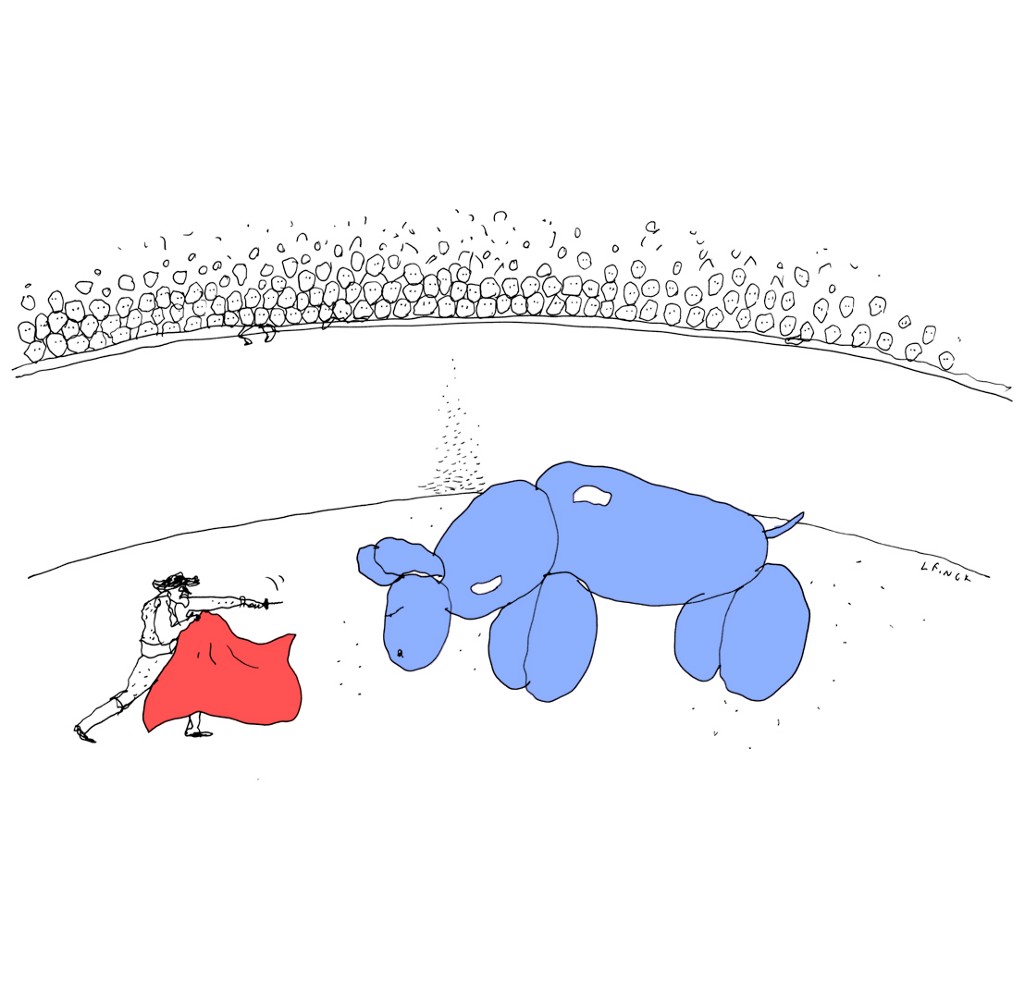Speech Good
New Orleans mayor Mitch Landrieu’s address on the now-removed Confederate monuments

To literally put the confederacy on a pedestal in our most prominent places of honor is an inaccurate recitation of our full past, it is an affront to our present, and it is a bad prescription for our future.
History cannot be changed. It cannot be moved like a statue. What is done is done. The Civil War is over, and the Confederacy lost and we are better for it. Surely we are far enough removed from this dark time to acknowledge that the cause of the Confederacy was wrong.
And in the second decade of the 21st century, asking African Americans — or anyone else — to drive by property that they own; occupied by reverential statues of men who fought to destroy the country and deny that person’s humanity seems perverse and absurd.
Read the whole thing here.
Chromatics, "Shadow"
How long will you wait?

This Chromatics video is a “Tribute To David Lynch’s ‘Blue Velvet’ & The Legendary Julee Cruise,” which are for sure two things that deserve tribute. If you are not familiar with Chromatics, it’s an art project dedicated to teasing a new record but never putting it out. Enjoy.
New York City, May 21, 2017

★★★★★ The nearest and most forceful of the birds singing in the morning sounded one staccato note, with well spaced pauses between each one. The slightest parting of the blinds let the full light-flooded scene below come through. The sidewalks were active early. There was already a line outside the bakery, not a bad one by the bakery’s standards, but the day had gone past being nice enough to wait around in. It now demanded motion and activity. A glance over the shoulder to check the time found treetops blocking the clock atop the bank building. A passing neighbor’s face was unrecognizable till the last second in the deep shade of a wide-brimmed hat. A building worker chased pigeons out of the fountain with the spray of a hose. The five-year-0ld was surly about going outside again, after he’d been to the playground already, but once he was on the move he began happily barking orders into a toy flip phone. Petals blew through the trees onto the path into the northern end of the Park. Great Hill was strewn with blankets and people, and a kite was struggling to get aloft. Chipmunks scattered in the leaves and a catbird hopped by the path. The greenery was thick enough to briefly achieve seclusion. Mugwort was up amid the trees and in the open, in sun and shade, with the woodland animals and the old city birds around it. The walkways obeyed the terms of the flat geometric map on the phone while rising and falling in and out of view on the swells and troughs of rock and land. Matte ripples ran over the surface of the Harlem Meer. The northmost part of the Conservatory Garden was dense with withered standing tulips, crowded and still straight. A couple in immaculate white chased with gold posed by the Untermyer Fountain, crystals glittering in the woman’s hair clip and clutch purse. Another couple was posing on the lawn of the middle garden, their embracing coached and tracked by a photographer yards and yards away on the grass with a long lens. More dressed-up people attended by more photographers waited their turns. The breeze tossed the plume of the fountain there like a horse’s tail. Up on the overlook new wisteria vines thrust and coiled into space, feeling for something new to grasp. The couple from the lawn had made their way up to the shaded pergola. “Kiss!” the photographer called to them, from the far end of the row of benches. Two people with a pair of binoculars peered up into the dark of the ceiling of vines, making pishing sounds to rouse birds. Down in the final garden, the flowers were trembling bells or immense creamy clusters or purple metal geodesic domes. Sparrows flew down to join the bronze bird in the dish lifted by the statue in the Frances Hodgson Burnett fountain. The sun through the leaves of the Japanese crabapple made pennies at the bottom of the darkened pool shine. In among them was one dime. A pink colored pencil floated on the water with the leaves and petals.
Somebody Is Hiring A "Millennials Investigator"
Whatever that is.

Is this the best job posting you’ve ever seen? Yes.
Millennial-focused Investigation series. Aggressive, passionate, tireless, proven boundary breaker with an intense work ethic and a millennial POV. With resume, please provide a link to video materials and a 2 -3 paragraph (max) cover letter stating A) your research and investigation background and B) any prior-century news event you have done an extraordinary deep dive into. No prior experience or completed degree required. Location flexible. Military background a plus, not required.
Please send portfolio to: jobs@studiocity.com
Uhh, what is Studio City? Besides desperately in need of a millennial? A media agency? I dunno, you tell me.

You Ought To Know Frank Eaton
Old-School Show-Off: “Pistol Pete,” Gunslinger and Father-Avenger
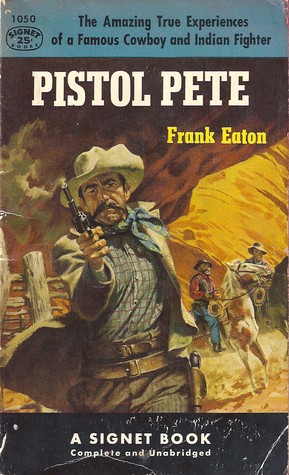
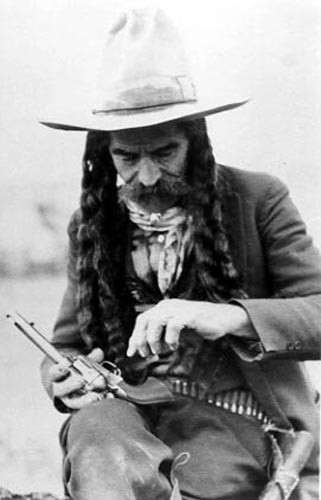
Centuries after Hamlet but decades before Inigo Montoya, an American boy set out to avenge the death of his father. His name was Frank Eaton. Some called him Pistol Pete because of his unparalleled trigger finger. He was not a fictional character, but he seemed to know that his story sounded like literature, that there was something trope-like and near-allegorical about his mission. He had a fine sense for the drama of it, and stretched the truth when it served his story. He called his revenge “the great task of my life.”
Across the Atlantic, existentialism, nihilism, and absurdism had already taken root in the minds of European sons, and in their literature, father-son relationships were messy things whose dissolution pointed to man’s alienation from God himself. But frontier narratives like Frank’s never bothered with any of that agonized existential stuff. In Frank’s memoir, good is rewarded, evil is punished, and God smiles down upon him as he gallops across the plains of America, guns smoking in his holsters.
Frank Eaton was born in Hartford, Connecticut on October 26, 1860. His father, also named Frank, was a soft-spoken Civil War veteran who bought a homestead in Osage County, Kansas for his wife and three kids. Both Union and Confederate veterans were settling down in Kansas then, so the atmosphere was tense, bitter, and undercut with violence. Young Frank first witnessed the violence up close at age seven, when his father brought him along to a vigilante meetup that culminated with someone beating a judge to death.
Before long, the violence touched home. When Frank was only eight, a group of six ex-Confederate raiders — the Campsey-Ferber gang — came riding up in the black of night and yelled for Frank Sr. to come to the door, convinced that he had ratted them out to the local sheriff. When little Frank opened the door instead, they burst past him and gunned down his father in sight of the entire family, yelling, “Take that, you goddamn Yankee!”
After his father’s funeral, a family friend took Frank aside.
“My boy,” he croaked, “may an old man’s curse rest upon you if you do not try to avenge your father!”
The next day, the man brought over an old Navy revolver for Frank, and the kid began to practice shooting. Like a Western Hamlet, Frank was forever haunted by the murder of his father, except he spent no time agonizing over what to do next. He knew that he needed to learn to shoot, and shoot well, because the difference between a fast draw and a lightning-fast draw was the difference between life and death. His mission was straightforward, practically Biblical: an eye for an eye, six lives for the irreplaceable life of a father.
From the ages of eight to fifteen, Frank learned to use his gun. There was a purity to his behavior during this time: he rarely shot an animal that he wasn’t planning to eat, he swore he wouldn’t touch a drop of whiskey until he was 40 years old, and he didn’t mess around with girls. (His first kiss was a chaste one, coming from the lips of a devout Catholic girl named Jennie who later gifted him a massive crucifix.) As he grew into a crack shot, his mother remarried, and the family moved to Oklahoma, within the boundaries of the Cherokee Nation. When a teenage Frank stopped by Oklahoma’s Fort Gibson to train with the cavalry there, he found out he was already a better shot than the troops were. “Pistol Pete,” their commanding officer called him, impressed.
He was fifteen when he found out where the first of his father’s killers, Shannon Campsey, was hiding. Shannon had holed up in a creepy little one-room cabin near Oklahoman town of Webbers Falls, also located in the Cherokee Nation. Criminals of all stripes loved to hide out in the Nation — avoiding the US government and filching horses and cattle while they were at it — and so the Cherokee were pleased to hear that this scrappy little teenager had big plans to kill Shannon, who’d been stealing their cattle for years. Frank rode up and spotted the murderer sitting on his porch, a Winchester rifle across his lap. “Hello, Shan, don’t you know me?” called Frank, and at the sound of his voice, Shannon leapt to his feet. “I knew he was fast and a dead shot,” says Frank, “but I had been trained for this since I was eight years old.” Frank emptied two shots into Shannon’s chest before the Winchester ever fired.
Two years later, Frank nabbed the second killer, Doc Ferber, riding up to him and yelling, “I am Frank Eaton and I ought to know you, Doc Ferber, for you are one of the men who killed my father. Fill your hand, you son of a bitch!” The third killer, another Ferber brother, had just been murdered in a poker game (“Somebody else beat me to him!”) and when Frank attended his funeral in an attempt to find the remaining Campseys, a deputy US marshal came up, expressed admiration for Frank’s sharpshooter skills, and offered him a marshal position, even though he was technically too young for the dangerous role. Frank accepted, but insisted on finishing up a few more revenge killings first. Before long, he’d nailed two more Campseys in a single bloody shootout. There was only one killer left.
If Frank’s go-to line — “Fill your hand, you son of a bitch!” — sounds familiar, it’s because that line was made famous by the novelist Charles Portis in his 1968 book True Grit (and in the two subsequent movie versions). Portis borrows liberally from Frank’s life — the unfair death of a father, the killer who joins an unsavory gang, the child-avenger — and though the protagonist of the novel is a 14-year-old girl, she shares many traits with Frank, like an obsessively single-minded purpose and lashings of “frontier virtues.” Sure, Frank kills a lot of people, throws around the word “hell,” and eventually dares to take a swig of whiskey, but he trains for murdering his father’s murderers like some sort of cowboy monk. At the end of his life, he recalls his youth with artless nostalgia, firmly convinced that the wild and bloody life on those plains was, indeed, more virtuous than the “modern” life of the 1950s. He notes, for example, that justice was fairer when it was meted out in the open, man to man, rather than taken into a courtroom.
At the tail end of summer 1881, when Frank was almost 21 years old, he learned that the last Campsey brother, Wyley was out in West Texas. Frank saddled up a horse called Bowlegs and struck off, sleeping under the stars on the way. In Texas, he found that Wyley had skittered off to Albuquerque, and so he rode on. When he galloped into town, the sheriff invited him into the bar for a drink—and who was behind the bar, slinging whiskeys? Wyley, of course. Frank strode in, guns loosened in his holsters, and confronted the killer and his two bodyguards.
“Don’t you remember me, Wyley?” he taunted.
“I never saw you before,” said Wyley.
“Oh yes, you have. It was the night you killed my father! I am Frank Eaton, remember? Fill your hand, you son of a bitch!”
All four of them went for their guns, but Frank, as always, was quickest. He took a bullet in the leg and arm from one of the bodyguards, but all three of his opponents ended up dead. “The great task of my life was finished,” he thought to himself, and rode home.
Though Frank continued to lead an extremely colorful life — more gunfights, a lot of wrangling cattle, and his first taste of whiskey — he was on his way to settling down. He bought a claim in Oklahoma in 1889 and married a girl named Orpha under a big oak tree just before she turned 16. They had two girls, and for seven years, he “knew what heaven must be like.” Then Orpha took sick and died, but eventually Frank met his second wife Anna, had eight more children, put down his guns (for the most part), and took up the fiddle. Finally, he opened up a blacksmith shop in the town of Perkins, Oklahoma.
By the time a 92-year-old (!) Frank sat down to write his memoirs in 1952, the frontier was no more. It had been officially “closed” in 1890. Frank was, distinctly, a product of another time — the child of an America that had vanished.
A decade after Frank’s memoir was published, philosopher Maurice Friedman wrote a book called Problematic Rebel: An Image of Modern Man, which described precisely who Frank was not. Modern Man, after all, is characterized by fragmentation and alienation — often, a fragmentation from his own father. “The inner division which results from the alienation between fathers and sons is as much a commentary on the absence of a modern image of man as on the breakdown of the specific father-son relationship,” noted Friedman. “At the heart of this breakdown, in fact, is the inability of the father to give his son a direction-giving image of meaningful and authentic human existence.” This alienation from the father leads to an alienation from God and an alienation from the self, resulting in the splintered, anguished heroes of Sartre and Dostoevsky and Camus. Even Hamlet fits under this “modern” paradox, lost in a world where the only direction he gets from his father is the howling of a ghost.
But that’s not Frank. His father, by dying in front of his son in a puddle of blood, gave Frank precisely what Modern Man never got: a “direction-giving image of meaningful and authentic human existence.” The death of the father gave his son purpose, a sense of right and wrong, a place in the moral order of the chaotic frontier, a reason to move through the West with confidence. Dying in front of his son was a great gift. And it marked him as a product of a past that — like the frontier — is closed forever. Revenge stories like Frank’s are told, now, mostly as fiction.
Slow Your Impeachment Roll, This Shit is Going to Take Forever
And other unsolicited advice.
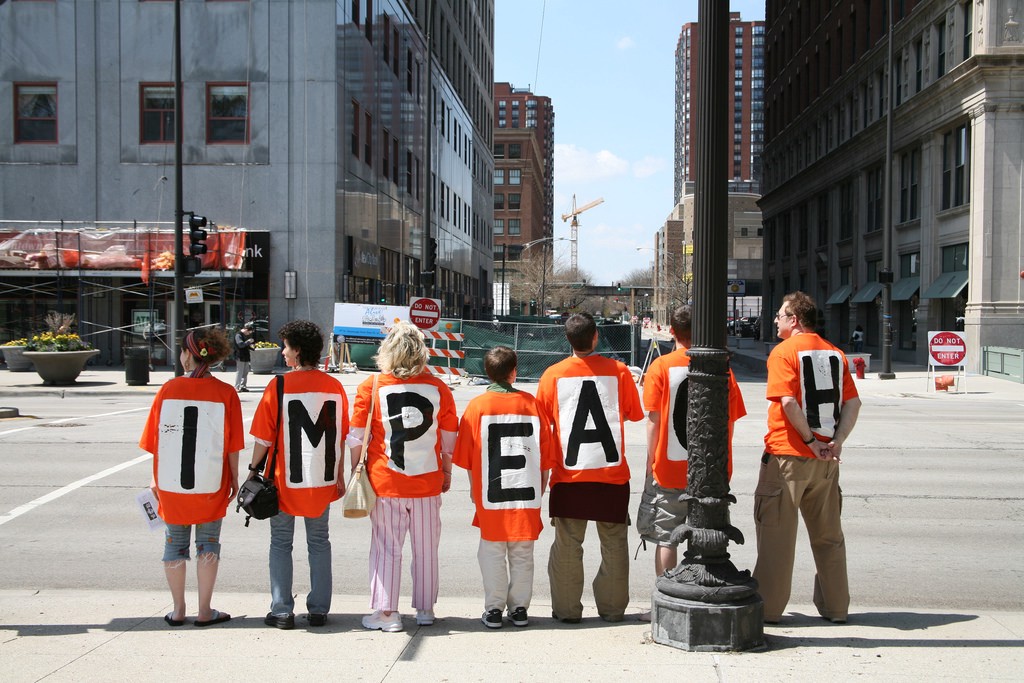
“I’m getting psyched about all this Trump/Russia Stuff! Is Trump gonna be gone soon?” — Impeachment Izzy
Yes. The Marshal of the Supreme Court has already burned a Scarlet ‘I’ into the President’s manboob. Once the 13th Seal is opened by the Congressional Minotaur the Doctor from “Doctor Who” will select the next President based on Midichlorian Count. No. While it may be fun to get naked and drunk in front of the TV every night waiting for the President to be beheaded on the National Mall, it’s going to take forever. And his head isn’t rolling anywhere any time soon.
Trump’s has been an historic administration. Historically crazy. And potentially historically crooked. Like the NHL Playoffs, however, these things take a really long time to get over with. And by the end of it you will be sick of it. You may get the sense that we’re already in the 5th Act of this tragedy. In fact we’re still in the Cold Open. By the time we’re really to the point where Trump is getting on the helicopter out of Washington we might want him to stay. Because President Pence and a lot of Republicans on Capitol Hill would actually be able to get a lot of terrible things done.
But, no, Jim! We’re going to skip directly to Orrin Hatch as president because Trump, Pence and Ryan are all going to be in the same prison cell in Leavenworth. Probably not. That would be more like a coup. Generals taking over does sound much more pleasant than it probably is. And they don’t put people in federal lockup for lying to journalists. They put them on CNN. Over and over and over again.
But acting like Pizzagate tweeters is not going to make you feel better. The U.S. Marshals are not walking through that door. They’re not drafting articles of impeachment at a D.C. Kinko’s. You will not get rid of this presidency via favorite or retweet. Elections do have consequences. And most of those consequences are felt by people who have brains. It’s gonna be a tough couple of years if your intelligence can be insulted. There’s so much bliss to be had by those simply not following along. I’ve never read Proust, but I’ve spent at least 500 hours watching Lawrence O’Donnell. Isn’t that slightly upside-down?
I like to avoid disappointment later like most Gen Xers do. So I figure that everything sucks, nothing will ever work out and I plan accordingly. This so obviously feels like the end of the Comrade Trump era that it’s almost too good to be true. Can you imagine what it would feel like to have literally almost any other human being be president? That’s a tasty egg roll. If you imagine that you will never get to eat that egg roll, if you abandon all of your dreams, you will never feel disappointed. Your life will be hollow and meaningless, you will be an empty husk, but you won’t feel disappointment.
Don’t get out over your skis, people. There’s a long way to go before we’re out of the Black Lodge. It does feel nice to feel the sun on our faces, though. Even just for a minute. To think that this is all something we can survive. That down the road we might once again have a president who isn’t a horrible international embarrassment. We just have to wait for the Marshal of the Supreme Court to put all Republicans in Azkaban. It will take a while. But it is coming.
Jim Behrle lives in Jersey City, NJ and works at a bookstore.
The "Too Troll" Of ISIS
Donald Trump’s speech flubs

Look, people in political power making verbal errors is nothing new (NUKE-YA-LUR), and I’m not here to be gleeful about errors of speech everyone makes from time to time, usually when drunk, but there is something genuinely interesting about language errors. Usually linguists focus on “language acquisition errors”—the kinds of mistakes you make when you’re either a kid learning your first language or a person of any age learning a second language. My friend’s kid speaks in Spoonerisms all the time (“copping shart,” “can you eel this pegg for me?”). My friend’s kid is also three years old. But many of us fall prey to these consonantal flubs when we’re incapacitated (“I’ve only had moo targaritas!”) or tired/old/talking a lot on Television (“Obama Bin Laden”).
During a speech he gave in Riyadh, he spoke of “Islamic” terrorism, rather than “Islamist.” White House officials cried exhaustion:
At a briefing with reporters a WH official said POTUS is “exhausted.” https://t.co/0ll7Y4U1nt
— @Acosta
Official: Trump's 'radical Islamic terrorism' wording changed because he's 'exhausted'
However, Trump has made this error before, which may qualify it as more of a verbal tic (a la “nucular”). But there was also a lot more going on in that speech that we should be talking about. Here comes Mark Liberman at Language Log to give you to full run-down:
- He also said “Islamicists,” which is the word of Islamic scholarship
- He said “Druz” and then corrected it to “Jews”
- He used his signature “interpolated intensifications”—“leadership” became “absolutely incredible and powerful leadership”
- He said “the [tu trol] of ISIS” instead of “the true toll.”
- He mispronounced “leaving” as “living” and tried to spin the flub into an aside about “living so poorly they’re forced to leave”
- He gave “ethnicity” an extra syllable, somehow
The real story here is not the Islamic/Islamist error, but the sheer number of errors in one speech. As much as I would like to accuse Donald Trump of falling into the “language skills of a three-year-old” category I think it’s pretty clear he’s in the “old/tired/on TV a lot/Bob Schieffer” one. Is that an excuse? Not really. Speaking in public is one of the demands of the job, and some people do it better than others to begin with. But the real test is how you do it under duress. For Trump the answer is: not so great. But there’s not really anything we can do about it, because you can bet he’s not going to take the time to work with an executive speaking coach. So get used to it, this cringing. He may be exhausted, but this is exhausting, so try to find the fun language angle? You have to laugh to keep from crying. Hey, I tried.
Indian Wells, "Cascades"
Why does this keep happening?
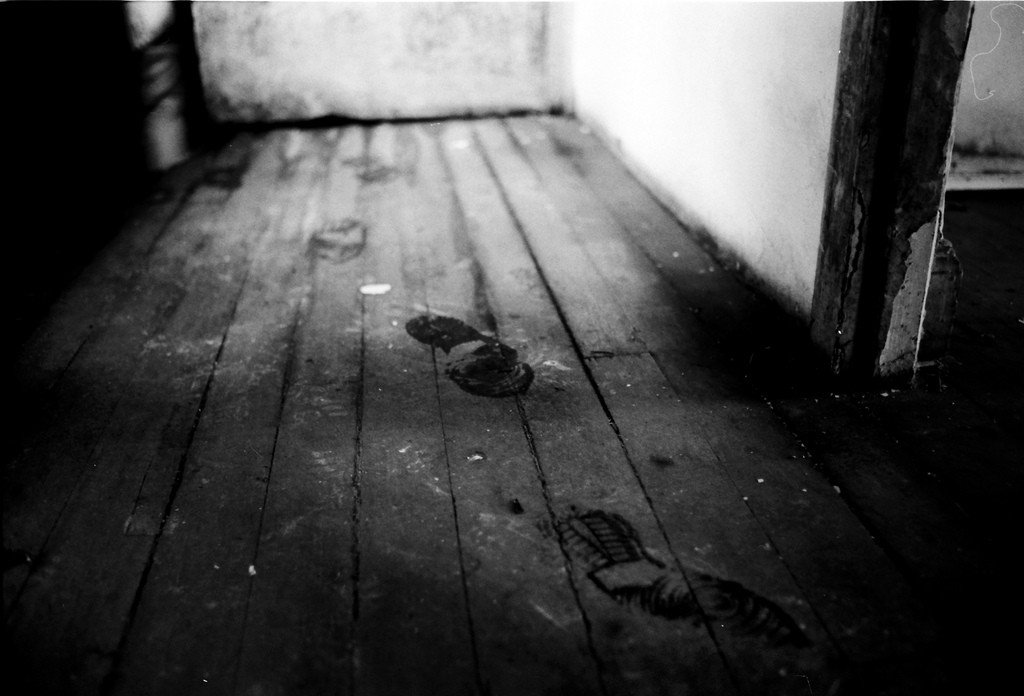
Weren’t we just here? Wasn’t it moments ago that we were waking up to a new week, full of dread and barely able to drag ourselves to the starting line? Didn’t we just complain about how exhausted we were and wonder how much more we could take? I guess the good news is I can copy and paste this exact block of text over and over again until it finally all comes down, because we live in a world where it’s always like this now. Here’s some music. Enjoy.
New York City, May 18, 2017

★★★★ “We all have shorts!” one of the early arriving kindergarteners exulted to the others. The breezes did what they could while the sun was still low, but once the light got down into the streets and sidewalks, the heat was blasting. Warm air pushed into the ears. A gutter full of water and garbage brewed up a stinking invisible cloud. A trash barrel overflowed with empty plastic cups from cold drinks. The view down Broadway to Union Square was lush with greenery; even the little street trees had a jungly aspect. A man waiting in line inside an air conditioned store had a blazer over his arm and his white dress shirt was translucent down the spine with sweat. A cloud capable of blocking the sun drifted with the slow majesty of transience. Music competed with other music through open vehicle windows. Fabrics were flouncing and shimmering; nobody held anything back. A couple kissed with humming and smacking sounds, in the thick of the pack of bodies on the 1 train.

